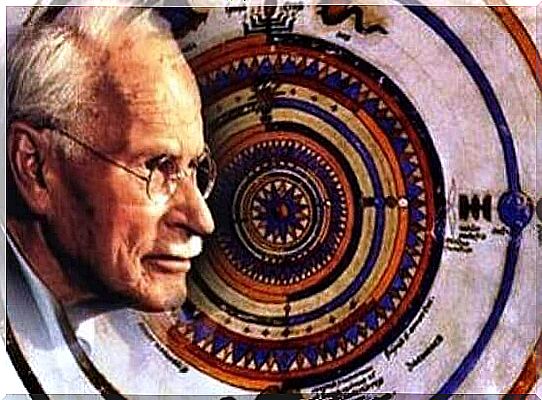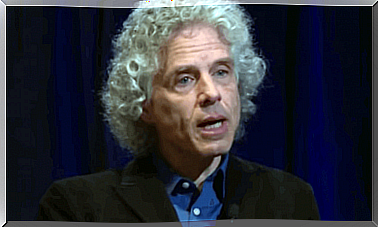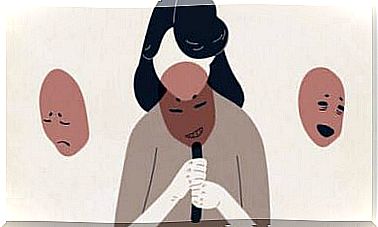Max Eitingon And The Pillars Of Psychoanalytic Training

Max Eitingon was one of the most important physicians and psychoanalysts of the first generation. This is because he made fundamental contributions to the training of psychoanalysts. His particular work marked the fate of this school of thought.
The training of psychoanalysts is different from that of other mental health professionals. At the time, there was no training exclusively dedicated to this study. Training in medicine was therefore necessary. The first psychoanalysts were therefore, in essence, doctors.
This trend continues in some places today, although it is not the only way to engage in psychoanalysis. Thanks to the work of Max Eitingon and others, this fact took an irreversible turn, resulting in separation from Medicine.
Currently, one of the major differences between a psychologist and a psychoanalyst is the fact that the former acquires this title through university studies.
The psychoanalyst is trained as such during his own psychoanalysis which must include a didactic component. Max Eitingon has proven to be a decisive figure in making this change a reality.
With this article, we hope to shed some light on these issues while introducing you to the man who made it possible, Max Eitingon.
The early years of Max Eitingon
Max Eitingon was born in the town of Moilev, Belarus, on June 26, 1881. He came from a family of Orthodox Jews of very good social standing.
The father, Chaim Eitingon, is a successful merchant who first specialized in the sugar sector and later in the marketing of fur products. Max has two sisters and two brothers: he is the second child of the siblings.
The family moved to Germany when Max was only 12 years old. He’s a shy boy with a pretty severe stutter.
Due to his stuttering, he dropped out of high school, but later took art history and philosophy courses at the prestigious universities of Halle, Heidelberg and Marburg.
In 1902, he began studying medicine in Leipzig, after having made the equivalences of his secondary studies. Later he was employed in Zurich as an assistant to Eugene Bleuler and, once there, he met Carl Gustav Jung.
Of all this group, he is the first to seek a direct encounter with Sigmund Freud. To achieve this, he went to Vienna in 1907. In his correspondence, Freud describes him as “the first messenger who approached a man alone”.
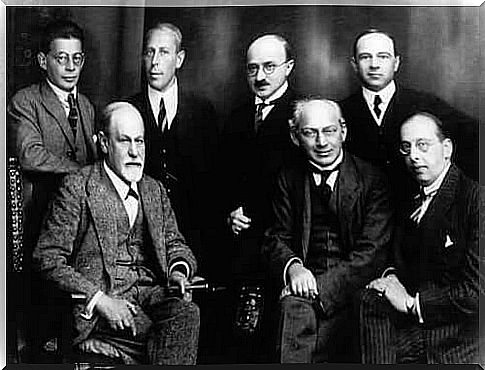
Eitingon and psychoanalysis
Max Eitingon begins attending Psychological Society meetings on Wednesdays. He makes an interesting intervention, which attracts the attention of Sigmund Freud.
Following this intervention, a meeting takes place during which he talks about a case that worries him. Spontaneously, the father of psychoanalysis and Eitingon carry out one of the first didactic psychoanalysis in history. They did it in stages, between 1908 and 1909, on evening walks.
His meeting with Sigmund Freud marks a before and after in the life of Max Eitingon. From that moment, an indestructible friendship is forged, a friendship that will remain intact until his death.
For Freud, Max becomes in a way “his trusted man”. He therefore entrusted him on several occasions with crisis management in different psychoanalytic societies.
However, all is not all applause and good words for Eitingon, because differences arise among the psychoanalysts of the moment. For Carl Jung, Eitingon was someone of no importance.
Otto Rank, meanwhile, was opposed to his entry into the secret committee (1919). Max was never a great psychoanalytic theorist, but rather the faithful guardian of his teacher, responsible for implementing the basic technique.
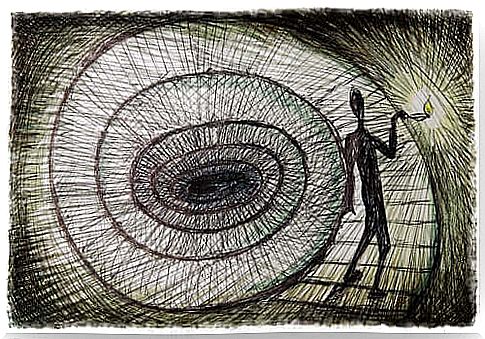
His considerable contributions
Max Eitingon founded with Karl Abraham, the psychoanalytic polyclinic in Berlin, thus providing substantial financial resources to this enterprise. He also wished to support the international editorial on psychoanalysis.
The Polyclinic would later lead to the creation of the Berlin Psychoanalytic Institute, an institution whose objective is to provide structured training to psychoanalysts.
The three main pillars of training, highlighted by Sigmund Freud and implemented with great consistency by Max Eitingon, are:
- The establishment of didactic psychoanalysis. It is psychoanalysis carried out by a person who aspires to be a psychoanalyst. The goal is for the patient to be able to resolve their unconscious conflicts and learn the technique.
- Additional training through structured seminars. In psychoanalysis, participation in seminars or study groups is essential for interacting with peers and achieving fit.
- Supervision and exposure of cases. Each psychoanalyst is supervised by his peers, to whom he must present the cases he has treated.
These three pillars have remained intact until today, at least, in classical psychoanalysis. Max Eitingon was always very close to Freud, until his death in 1939.
Max died four years later in Jerusalem. But its imprint is still alive in psychoanalysis, especially in the field focused on the training of future psychoanalysts.
